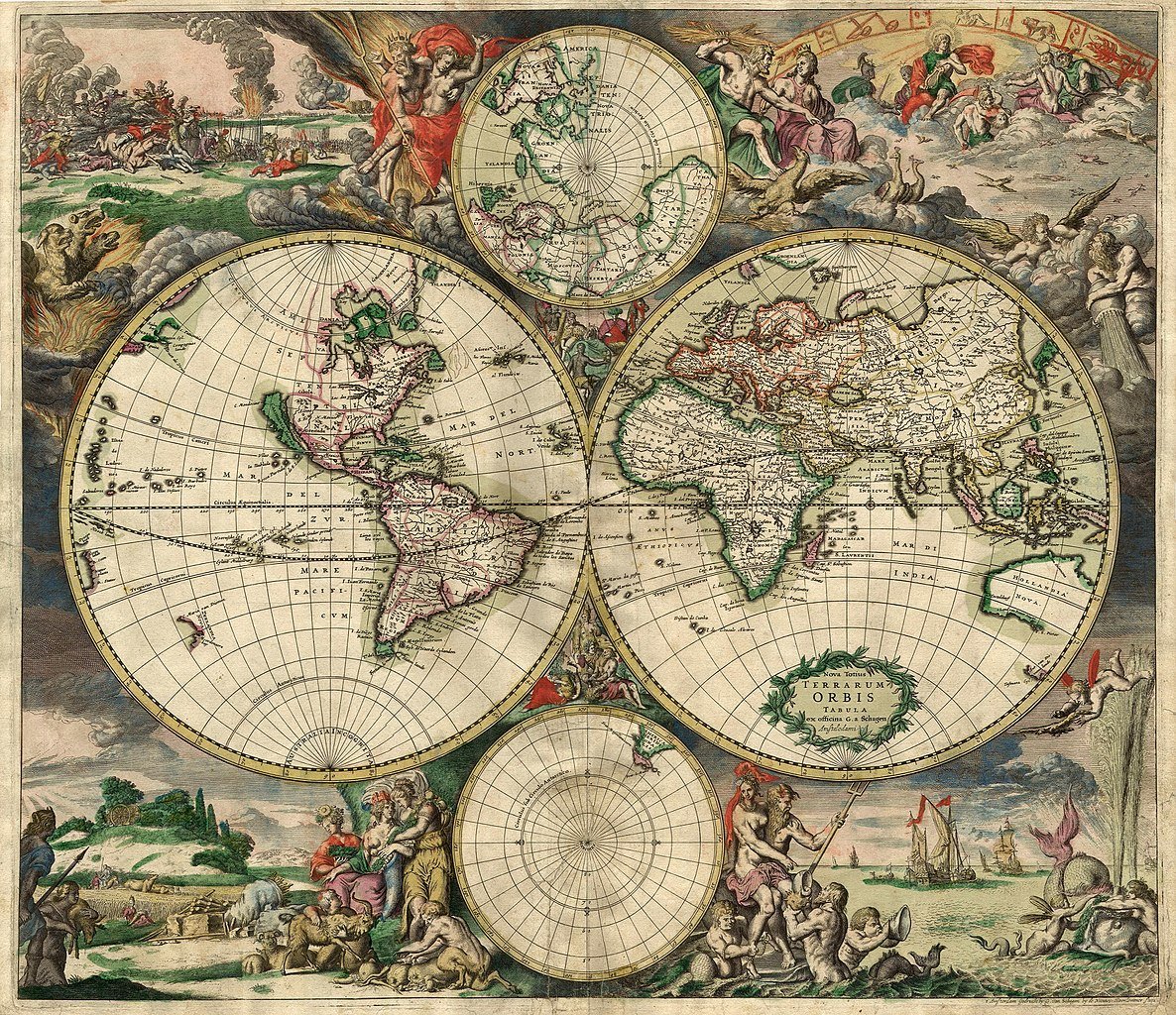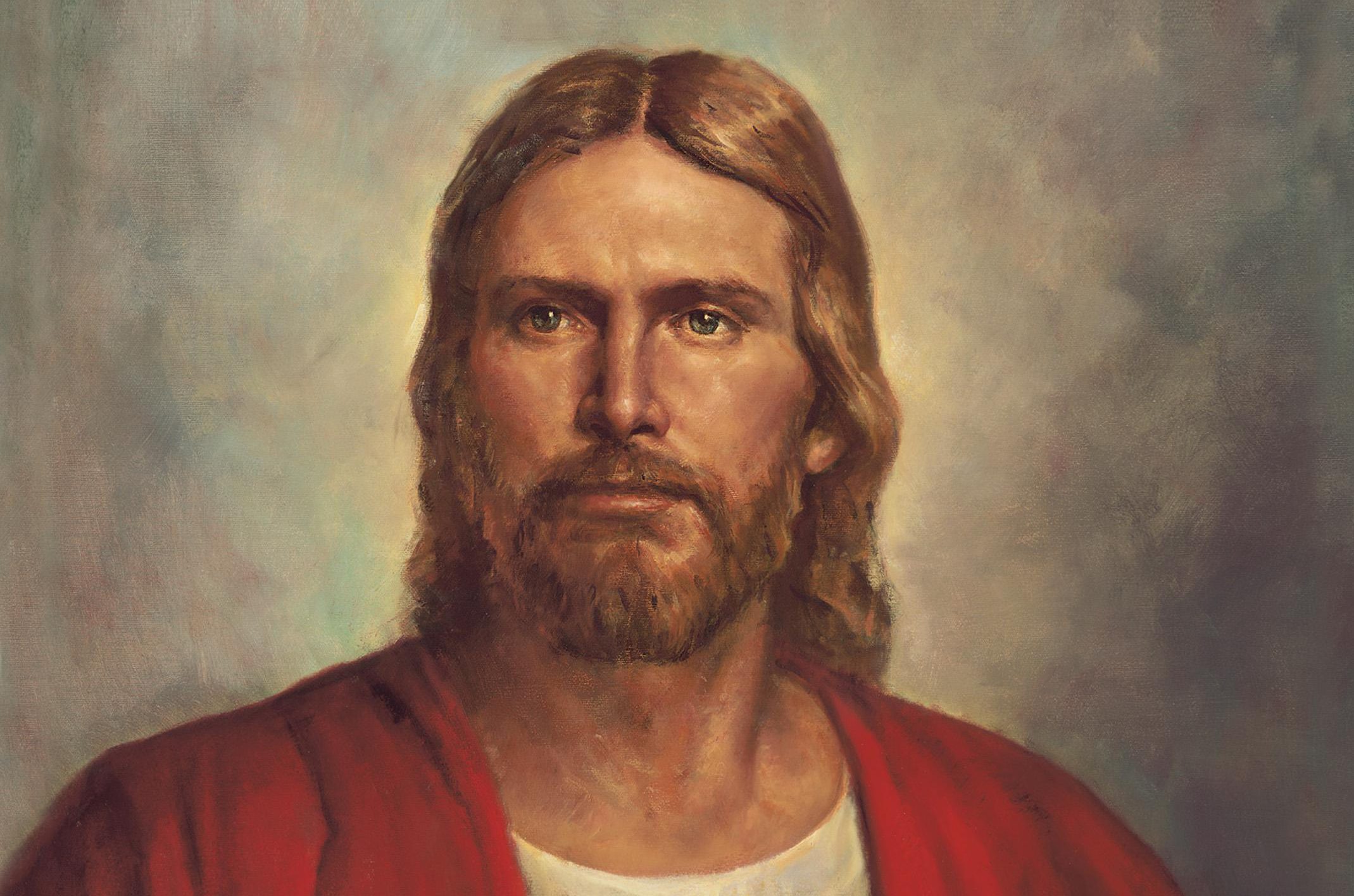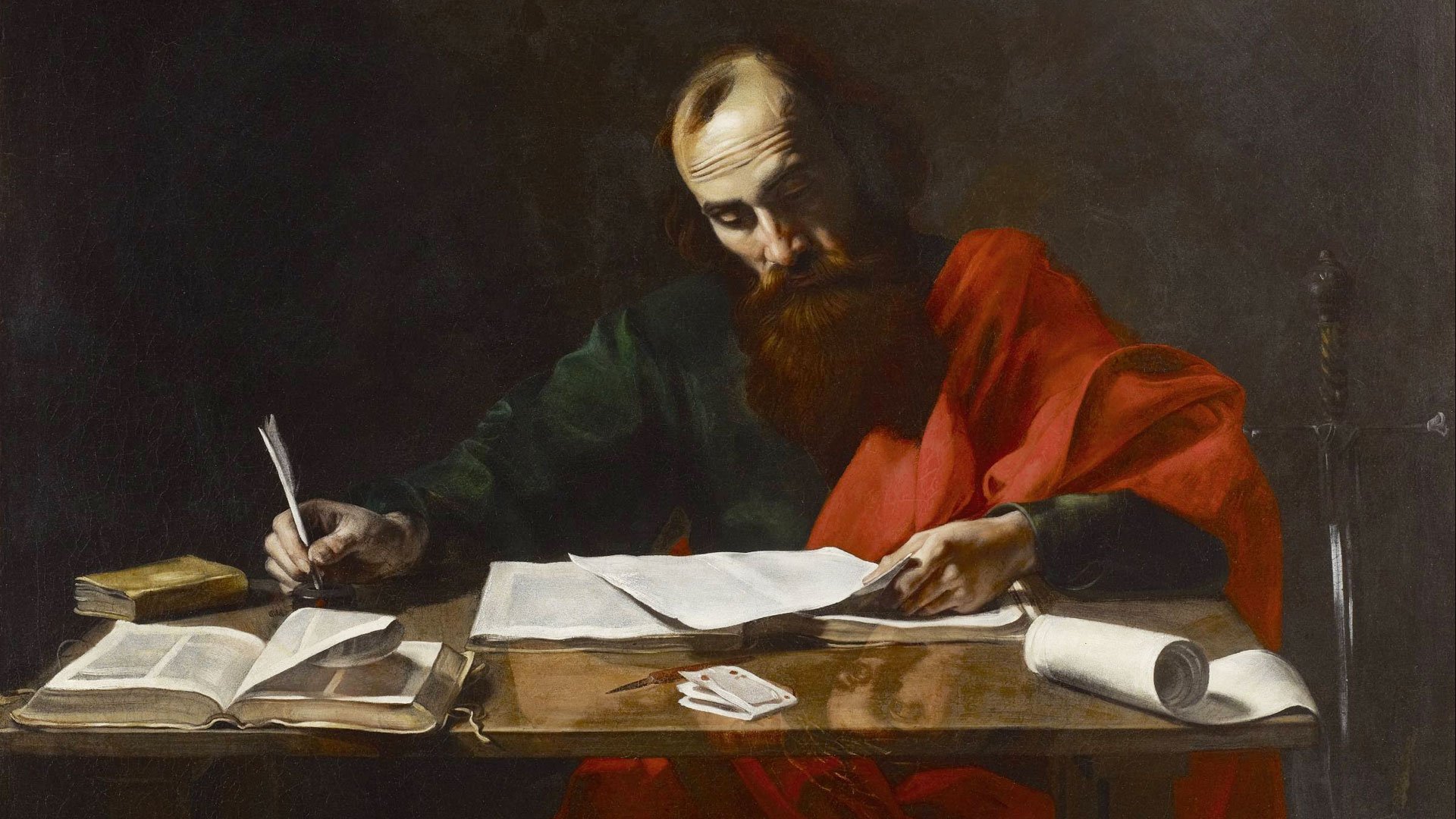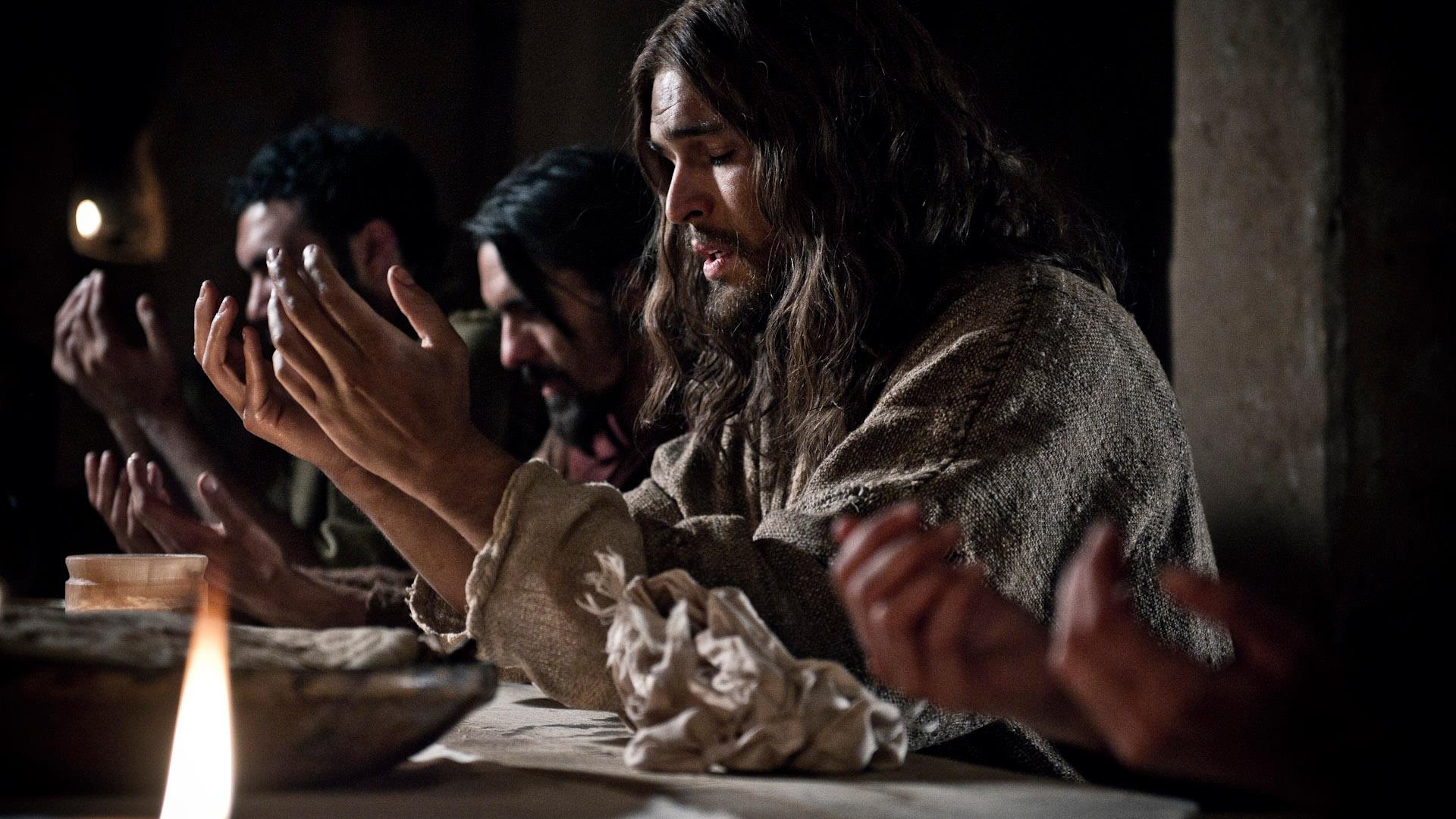Is there "one true church," and if so, who or what is it?
Tag: atone
A Mystical Perspective on the Problem of Evil
A friend asked me what my take was on the problem of evil, or theodicy, so I thought I'd write about it here.
The Two Deaths in Mystical Christianity
I think that Christianity may have conflated Jesus's mystical experience of an ego death, perhaps at the time of his baptism when the "heavens opened," in which his individual psychological self "died" and he was was "reborn" of Spirit, or "raised up" (resurrected) to his identity in Christ consciousness (a consciousness of nondual union in God/Reality), with his biological death on the cross. These two deaths seem to have been conflated at some point, resulting in a supernatural conception of the resurrection.
Ephesians 1 BHT, "Paul" talks about the Grace of Christ in All Beings
An addition to the BHT, where Paul (or a disciple of Paul) talks about the infinite Grace that Christ is found in all beings, and the type of wondrous insight and knowledge that God reveals in those who attain the consciousness of Christ.
A Map of Reality
Humans want to know what's real, what's reality, what's true. We have explored the outside world and our inner worlds for millennia, and we seem to still not be sure what is absolutely real. I think the issue might be that what is really real is not something that can be seen or communicated through language at our dualistic level of perception. We have to transcend duality experientially and consciously in order to know the "really real," sometimes called the Nondual, the One, the Real, the Absolute, or God. Perhaps only at that level of consciousness may we come to truly know what is ultimately Real and True.
Reconstructing Mormonism’s and Christianity’s Jesus/Christ
Jesus is, of course, the center of Christianity, including Mormonism. In Mormonism, he is prominently identified in the name of the largest denomination of which I was a member, The Church of Jesus Christ of Latter-day Saints. Everything revolves around Jesus.
Is Sam Harris Unaware of “No-Self” in Jesus’ Sacrifice?
In the second night of the debate between Sam Harris and Jordan Peterson in Vancouver on June 24, 2018, Harris said this in regards to the concept of human sacrifice.
Only God Can See God
Whenever someone has been graced to perceive the Ultimate, the Highest, the One, it is because their consciousness has been transfigured into that of God's consciousness, such that they look out through God's eyes onto God.
Philippians 3:7-11 BHT, Knowing Christ and this Resurrection
An addition to the BHT, a passage in which Paul talks about coming to know Christ directly within one's Self, which is the resurrection. (The painting above is "Saint Paul Writing His Epistles," attributed to Valentin de Boulogne, dated 1618-1620.) 7 Whatever things I gained in the world, any advantages and wealth, all of that [...]
John 17:3 BHT, Realizing God is Life
An addition to the BHT, regarding Jesus's definition of a timeless life in his Farewell Prayer or High Priestly Prayer.









